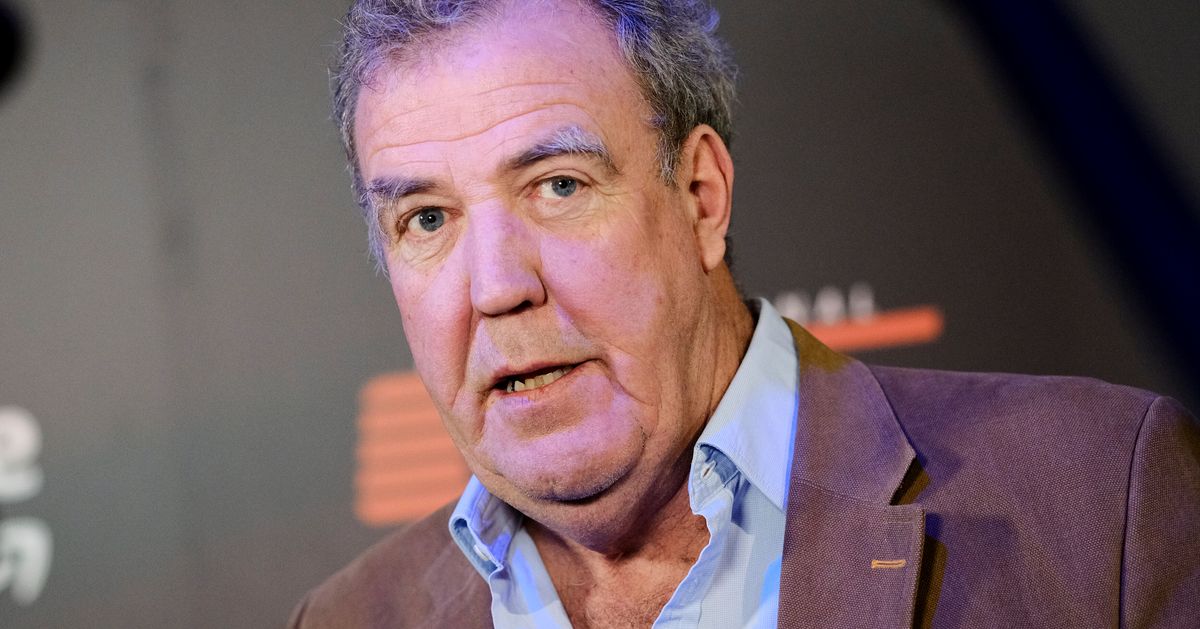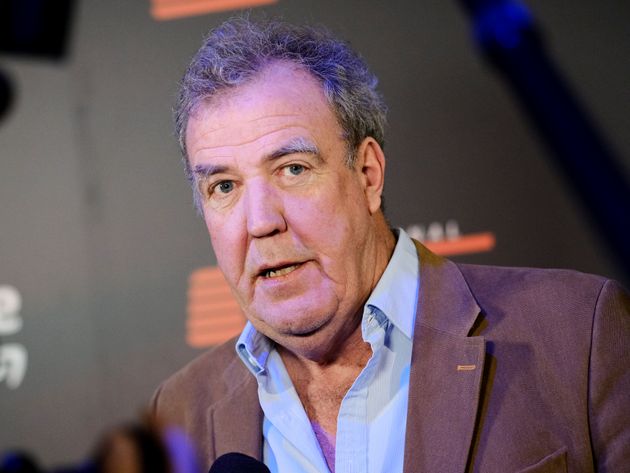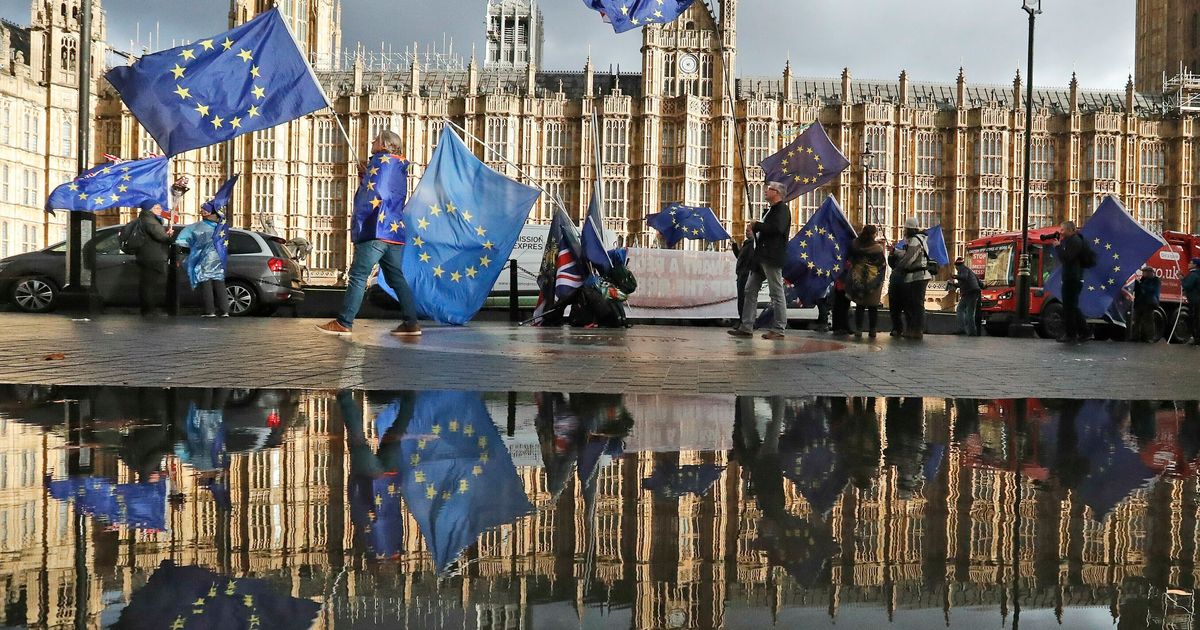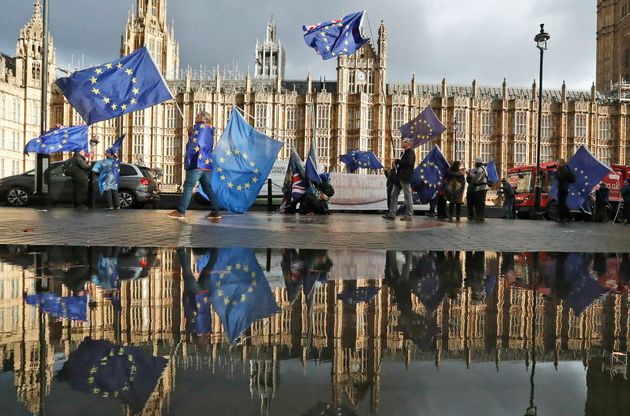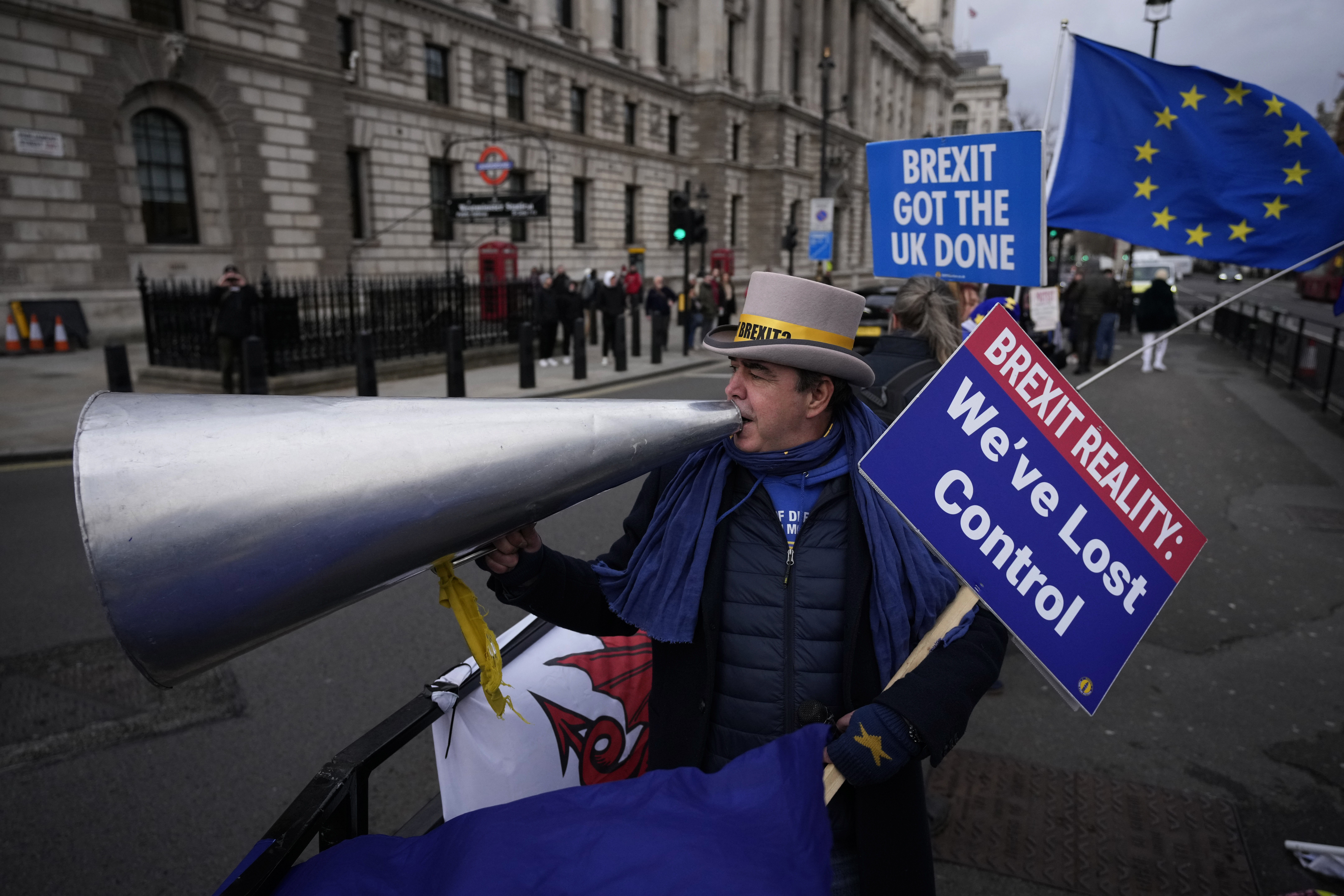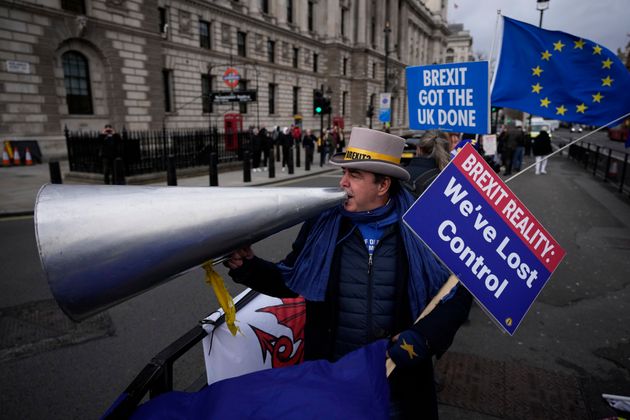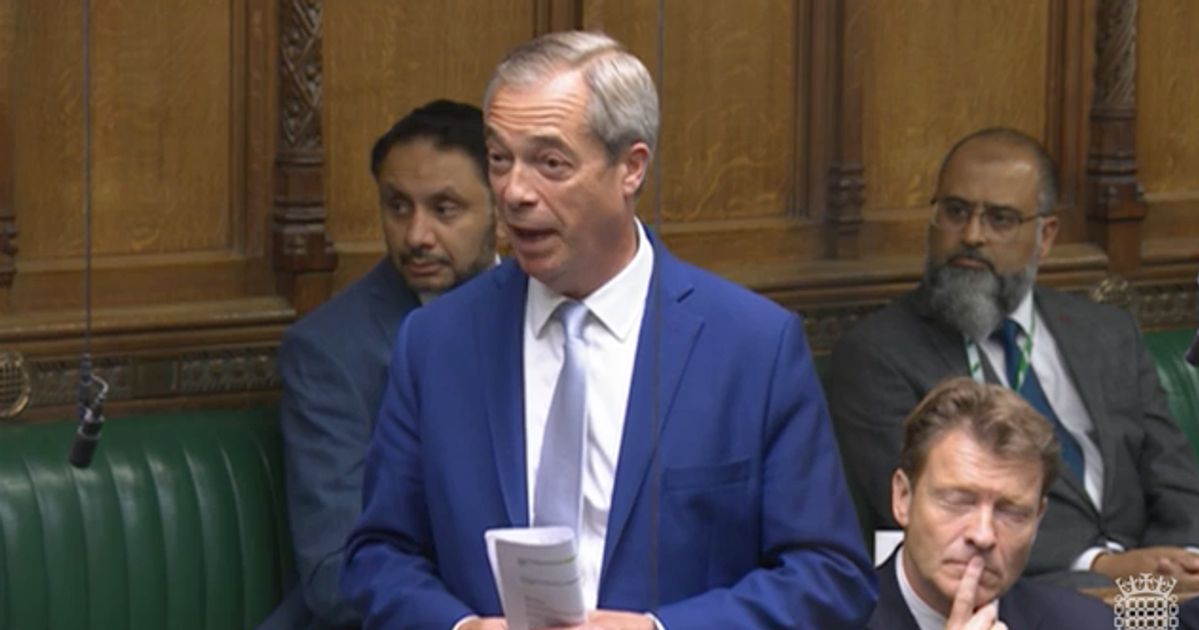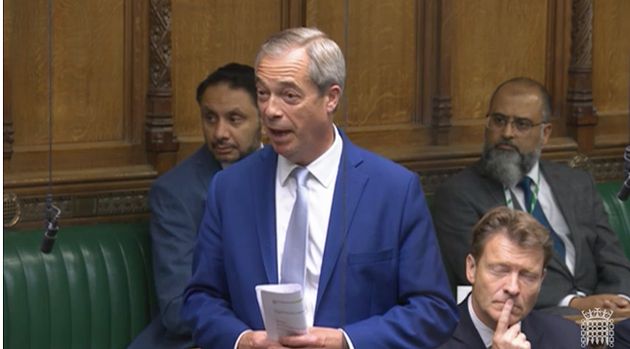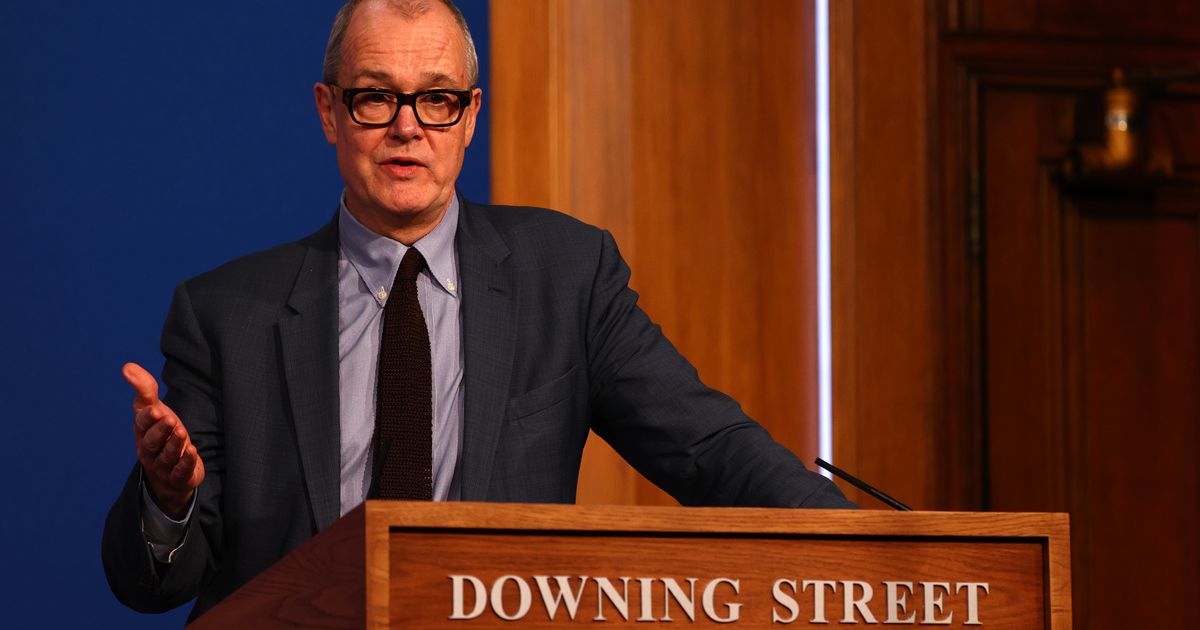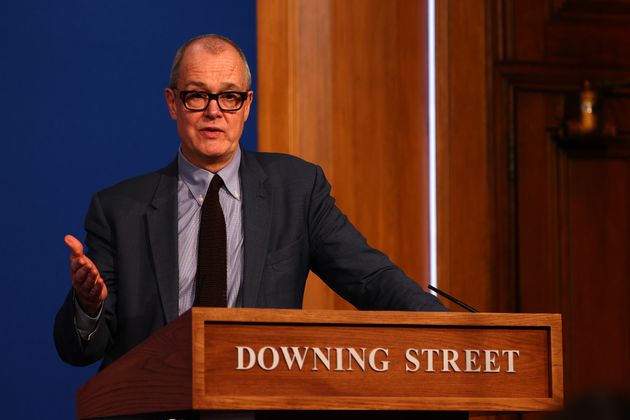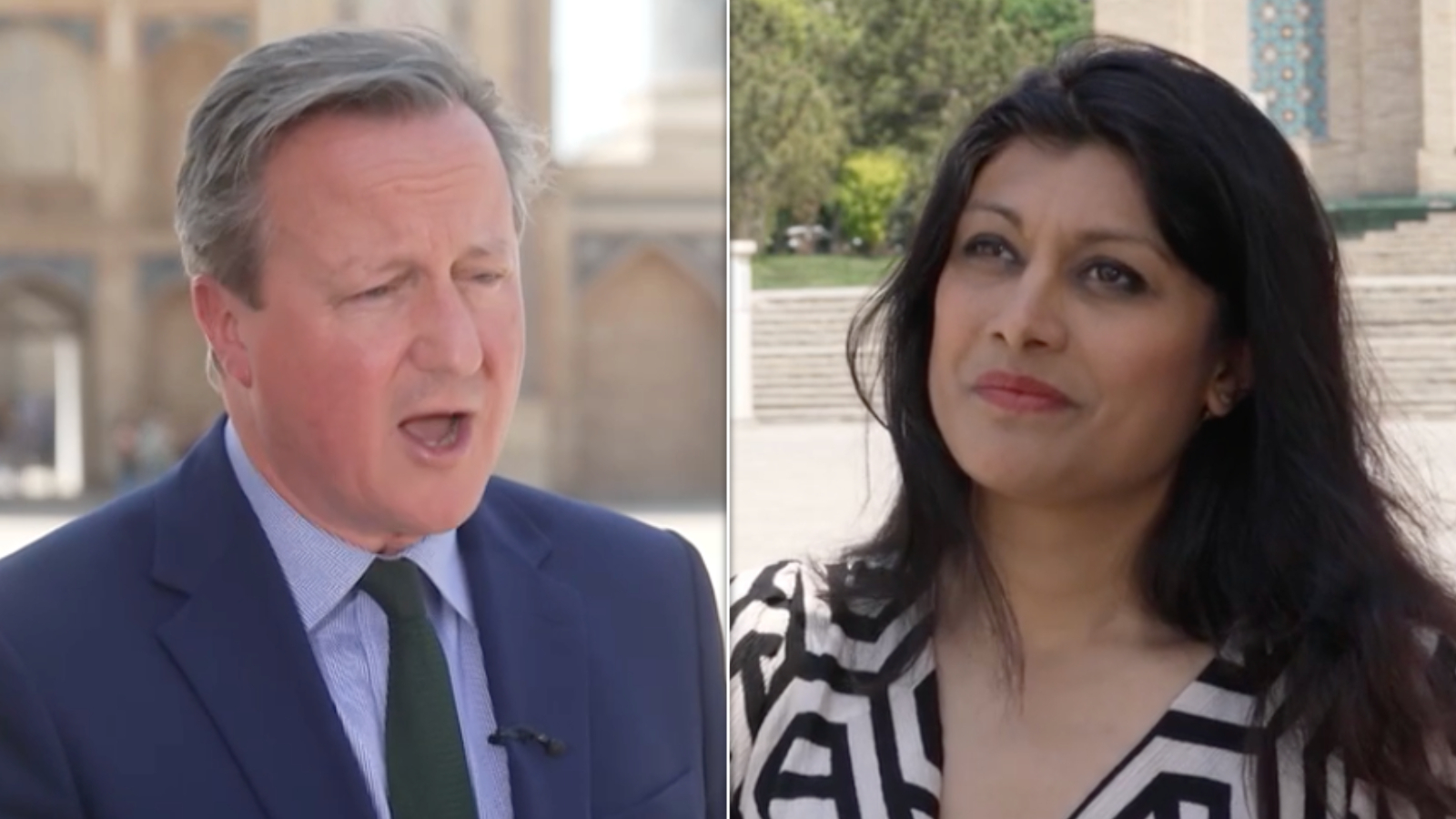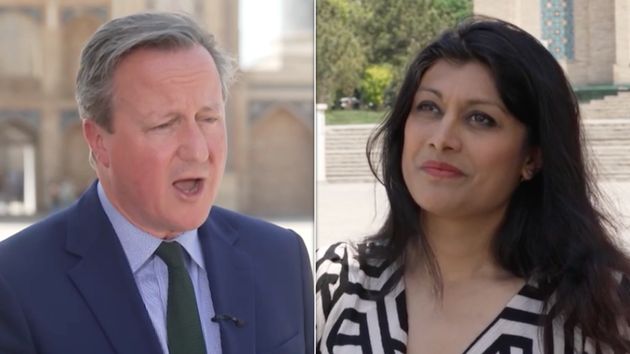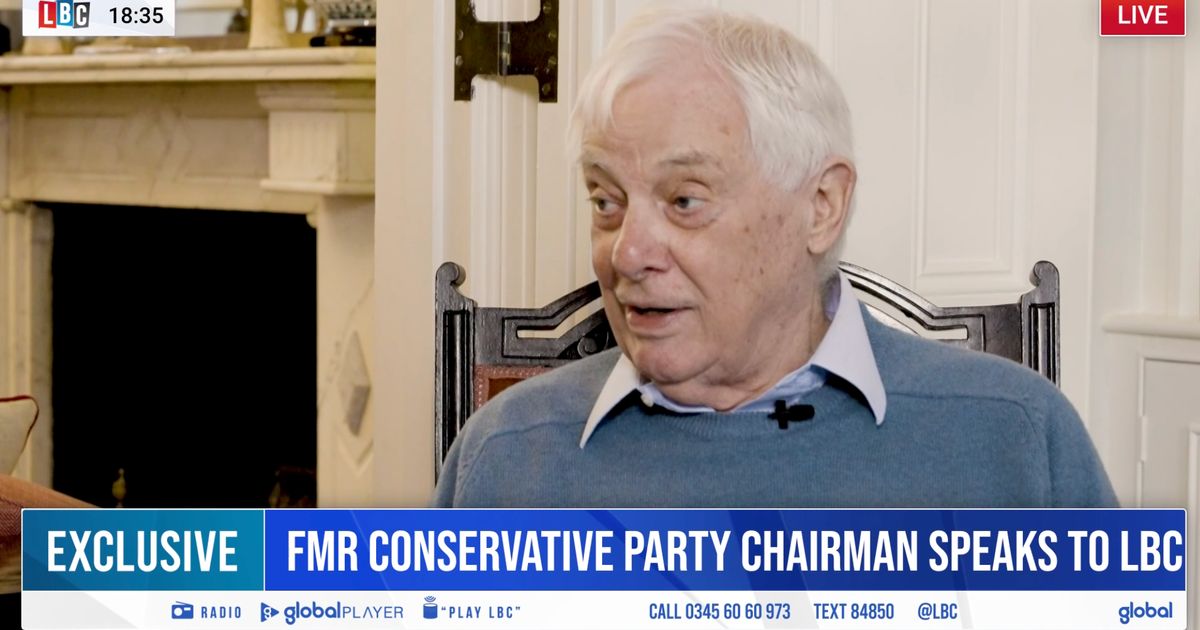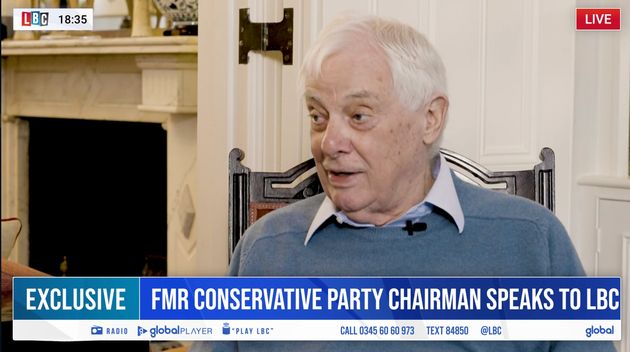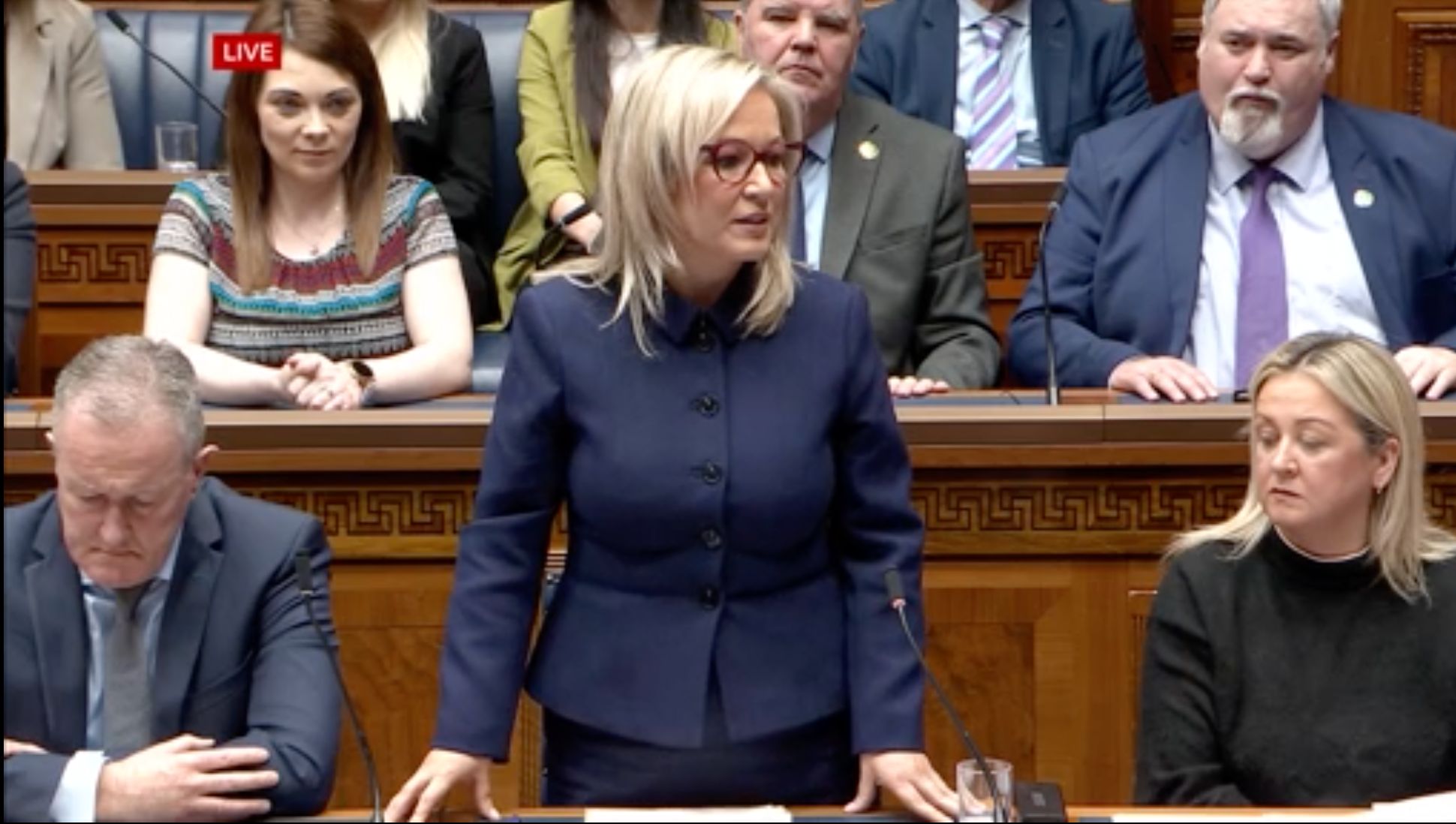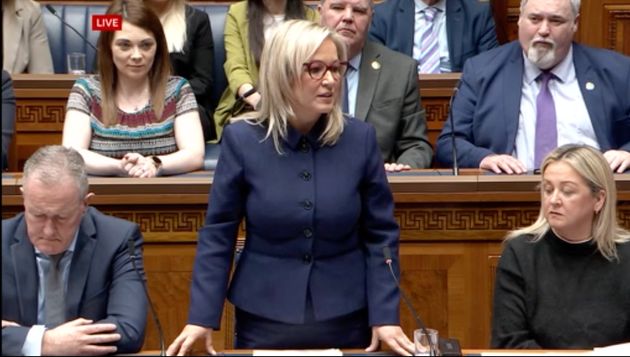<div class="js-react-hydrator" data-component-name="Twitter" data-component-id="8830" data-component-props="{"itemType":"rich","index":14,"contentIndexByType":1,"contentListType":"embed","code":"
","type":"rich","meta":{"author":"MrBounceBack.com","author_url":"https://twitter.com/Bounce_BackLoan","cache_age":86400,"description":"Yvette Cooper, moments ago, ruling out any chance or possibility of a Youth Mobility Scheme with the EU.\"This is not an approach we are looking for\" pic.twitter.com/smr92c3yOA— MrBounceBack.com (@Bounce_BackLoan) February 2, 2025\n\n\n","options":{"_hide_media":{"label":"Hide photos, videos, and cards","value":false},"_maxwidth":{"label":"Adjust width","placeholder":"220-550, in px","value":""},"_theme":{"value":"","values":{"dark":"Use dark theme"}}},"provider_name":"Twitter","thumbnail_height":720,"thumbnail_url":"https://pbs.twimg.com/ext_tw_video_thumb/1885973020189118464/pu/img/T01o9HDVyX8krzz1.jpg:large","thumbnail_width":1280,"title":"MrBounceBack.com on Twitter / X","type":"rich","url":"https://twitter.com/Bounce_BackLoan/status/1885973406668992910","version":"1.0"},"flags":[],"enhancements":{},"fullBleed":false,"options":{"theme":"news","device":"desktop","editionInfo":{"id":"uk","name":"U.K.","link":"https://www.huffingtonpost.co.uk","locale":"en_GB"},"originalEdition":"uk","isMapi":false,"isAmp":false,"isAdsFree":false,"isVideoEntry":false,"isEntry":true,"isMt":false,"entryId":"679f3264e4b0660394cb5aa0","entryPermalink":"https://www.huffingtonpost.co.uk/entry/yvette-cooper-rules-out-the-uk-signing-up-to-giving-young-people-free-movement-to-the-eu_uk_679f3264e4b0660394cb5aa0","entryTagsList":"brexit,european-union,sky-news,yvette-cooper,trevor-phillips,@ai_seo_headline","sectionSlug":"politics","deptSlug":null,"sectionRedirectUrl":null,"subcategories":"","isWide":false,"headerOverride":null,"noVideoAds":false,"disableFloat":false,"isNative":false,"commercialVideo":{"provider":"custom","site_and_category":"uk.politics","package":null},"isHighline":false,"vidibleConfigValues":{"cid":"60afc140cf94592c45d7390c","disabledWithMapiEntries":false,"overrides":{"all":"60b8e525cdd90620331baaf4"},"whitelisted":["56c5f12ee4b03a39c93c9439","56c6056ee4b01f2b7e1b5f35","59bfee7f9e451049f87f550b","5acccbaac269d609ef44c529","570278d2e4b070ff77b98217","57027b4be4b070ff77b98d5c","56fe95c4e4b0041c4242016b","570279cfe4b06d08e3629954","5ba9e8821c2e65639162ccf1","5bcd9904821576674bc55ced","5d076ca127f25f504327c72e","5b35266b158f855373e28256","5ebac2e8abddfb04f877dff2","60b8e525cdd90620331baaf4","60b64354b171b7444beaff4d","60d0d8e09340d7032ad0fb1a","60d0d90f9340d7032ad0fbeb","60d0d9949340d7032ad0fed3","60d0d9f99340d7032ad10113","60d0daa69340d7032ad104cf","60d0de02b627221e9d819408"],"playlists":{"default":"57bc306888d2ff1a7f6b5579","news":"56c6dbcee4b04edee8beb49c","politics":"56c6dbcee4b04edee8beb49c","entertainment":"56c6e7f2e4b0983aa64c60fc","tech":"56c6f70ae4b043c5bdcaebf9","parents":"56cc65c2e4b0239099455b42","lifestyle":"56cc66a9e4b01f81ef94e98c"},"playerUpdates":{"56c6056ee4b01f2b7e1b5f35":"60b8e525cdd90620331baaf4","56c5f12ee4b03a39c93c9439":"60d0d8e09340d7032ad0fb1a","59bfee7f9e451049f87f550b":"60d0d90f9340d7032ad0fbeb","5acccbaac269d609ef44c529":"60d0d9949340d7032ad0fed3","5bcd9904821576674bc55ced":"60d0d9f99340d7032ad10113","5d076ca127f25f504327c72e":"60d0daa69340d7032ad104cf","5ebac2e8abddfb04f877dff2":"60d0de02b627221e9d819408"}},"connatixConfigValues":{"defaultPlayer":"8b034f64-513c-4987-b16f-42d6008f7feb","clickToPlayPlayer":"5a777b9b-81fe-41a6-8302-59e9953ee8a2","videoPagePlayer":"19654b65-409c-4b38-90db-80cbdea02cf4"},"topConnatixThumnbailSrc":"data:image/png;base64,iVBORw0KGgoAAAANSUhEUgAAAAEAAAABCAQAAAC1HAwCAAAAC0lEQVR42mNkYAAAAAYAAjCB0C8AAAAASUVORK5CYII=","customAmpComponents":[],"ampAssetsUrl":"https://amp.assets.huffpost.com","videoTraits":null,"positionInUnitCounts":{"buzz_head":{"count":0},"buzz_body":{"count":0},"buzz_bottom":{"count":0}},"positionInSubUnitCounts":{"article_body":{"count":5},"blog_summary":{"count":0},"before_you_go_content":{"count":0}},"connatixCountsHelper":{"count":0},"buzzfeedTracking":{"context_page_id":"679f3264e4b0660394cb5aa0","context_page_type":"buzz","destination":"huffpost","mode":"desktop","page_edition":"en-uk"},"tags":[{"name":"brexit","slug":"brexit","links":{"relativeLink":"news/brexit","permalink":"https://www.huffingtonpost.co.uk/news/brexit","mobileWebLink":"https://www.huffingtonpost.co.uk/news/brexit"},"section":{"title":"News","slug":"news"},"topic":{"title":"Brexit","slug":"brexit","overridesSectionLabel":false},"url":"https://www.huffingtonpost.co.uk/news/brexit/"},{"name":"European Union","slug":"european-union","links":{"relativeLink":"news/european-union","permalink":"https://www.huffingtonpost.co.uk/news/european-union","mobileWebLink":"https://www.huffingtonpost.co.uk/news/european-union"},"section":{"title":"Politics","slug":"politics"},"topic":{"title":"EU","slug":"eu","overridesSectionLabel":false},"url":"https://www.huffingtonpost.co.uk/news/eu/"},{"name":"sky news","slug":"sky-news","links":{"relativeLink":"news/sky-news","permalink":"https://www.huffingtonpost.co.uk/news/sky-news","mobileWebLink":"https://www.huffingtonpost.co.uk/news/sky-news"},"url":"https://www.huffingtonpost.co.uk/news/sky-news/"},{"name":"yvette cooper","slug":"yvette-cooper","links":{"relativeLink":"news/yvette-cooper","permalink":"https://www.huffingtonpost.co.uk/news/yvette-cooper","mobileWebLink":"https://www.huffingtonpost.co.uk/news/yvette-cooper"},"url":"https://www.huffingtonpost.co.uk/news/yvette-cooper/"},{"name":"trevor phillips","slug":"trevor-phillips","links":{"relativeLink":"news/trevor-phillips","permalink":"https://www.huffingtonpost.co.uk/news/trevor-phillips","mobileWebLink":"https://www.huffingtonpost.co.uk/news/trevor-phillips"},"url":"https://www.huffingtonpost.co.uk/news/trevor-phillips/"}],"isLiveblogLive":null,"isLiveblog":false,"cetUnit":"buzz_body","bodyAds":["
\r\n\r\n HPGam.cmd.push(function(){\r\n\t\treturn HPGam.render(\"inline-1\", \"entry_paragraph_1\", false, false);\r\n });\r\n\r\n","
\r\n\r\n HPGam.cmd.push(function(){\r\n\t\treturn HPGam.render(\"inline\", \"entry_paragraph_2\", false, false);\r\n });\r\n\r\n","
\r\n\r\n HPGam.cmd.push(function(){\r\n\t\treturn HPGam.render(\"inline-2\", \"entry_paragraph_3\", false, false);\r\n });\r\n\r\n","
\r\n\r\n HPGam.cmd.push(function(){\r\n\t\treturn HPGam.render(\"inline-infinite\", \"repeating_dynamic_display\", false, false);\r\n });\r\n\r\n"],"adCount":0},"isCollectionEmbed":false}”>




